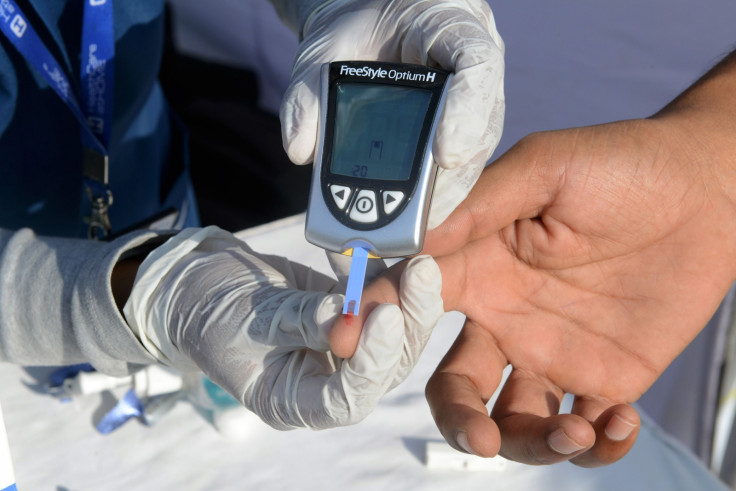COVID-19 patients who are diabetic are at a higher risk of death, says NHS
Among the 24,739 recorded coronavirus deaths in U.K. hospitals until May 17, 32 percent of the patients apparently had diabetes.
A few days ago, a team of medical researchers warned there is still a lot about SARS-CoV-2 that is yet to be uncovered. While there has been remarkable progress as experts focus on learning everything they can about its nature, effective vaccines and treatments are yet to be approved by the World Health Organization (WHO). COVID-19 patients who have preexisting health issues are prone to developing severe complications. Meanwhile, new data reportedly shows those with diabetes are at an even higher risk of dying from the disease.
The information comes from research conducted by the National Health Service (NHS). Among the 24,739 recorded coronavirus deaths in U.K. hospitals until May 17, 32 percent of the patients apparently had diabetes, according to Independent. Last week, the number was already putting it above a quarter of all COVID-19 deaths. Given that patients with type 1 are normally younger than those with type 2, it appears that age is still another factor.
Moreover, the study shows 7,466 patients with type 2 diabetes died from COVID-19 in the U.K., while only 365 deaths were recorded for people with type 1 diabetes. Therefore, the NHS is collaborating with Diabetes UK and launching an exclusive hotline and online service to aid those who might need help in managing their blood glucose levels amid the ongoing health crisis.
"This research shows the extent of the risk of coronavirus for people with diabetes and the different risks for those with type 1 and type 2 diabetes. Importantly, it also shows that higher blood glucose levels and obesity further increase the risk in both types of diabetes," said Professor Jonathan Valabhji, the national clinical director for diabetes and obesity.

Those in charge want to assure those with diabetes that they are there to help. The NHS encourages everyone to get in touch with their GP or call the hotline if they have any questions about COVID-19. Patients are likewise urged to confirm and follow their appointments to have their foot or eyes checked as indicated by their doctors.
© Copyright IBTimes 2025. All rights reserved.





















